PEDIATRIC &
RARE DISEASE
70% of rare diseases start in childhood with significant effects on mortality
The capture of high quality, accurate and complete datasets in a clinical trial is always of utmost importance. The stakes could not be higher when it comes to rare disease. It is estimated that there are over 6,000 rare diseases globally. Of that, roughly 300 million people are currently affected with a rare disease today. Further, 70% of rare diseases start in childhood with significant effects on mortality. Unfortunately, treatments are available for only around 5% of those patients.

Many times, efficacy and safety outcomes of clinical trials are dependent on caregiver reported outcomes, which can be challenging to collect reliably. For example, how reasonable is it to expect a caregiver to accurately report on the duration of their child’s cry or the consistency of a stool in a diaper, when their primary responsibility is to tend to the child in the care? How significantly are caregiver ratings impacted by stress, anxiety and the fact that one patient may have multiple caregivers with different perceptions of an event?
One solution that SPRIM Health uses to reduce the burden on caregivers is to enable them with technology. Next generation ePRO and eObsRO clinical trial tools allows caregivers to provide an image, audio or video record of the events with the click of a button. In some cases, continuous monitoring via connected devices can offer a solution that not only unburdens the caregiver, but also enables SPRIM Health to bring accurate, real-time, high-quality measurements into the database. From there, data can be processed and rated by trained and qualified central clinical experts. At SPRIM Health, our studies have proven that signal quality is enhanced several-fold when comparing traditional reporting these technology-enabled methodologies.
Recruiting patients for rare disease trials is challenging. Rarity often implies the need to widen the net to broader geographies to meet study enrollment. This broad net can cause heterogeneity in ePROs and eObsROs if patients and caregivers do not have a uniform understanding of their roles and responsibilities within the study. Further, being forced to have so many sites which few patients per sites who have different procedures and understanding of how to conduct the clinical trial also compromises signal quality.

As patients typically live more than 2 hours from a clinical site, remote data collection directly from patients in their homes in real time or near time is a tremendous improvement to data accuracy. It is imperative to train patients, caregivers and site raters on their roles and responsibilities in a clinical trial, understand the role of placebo in the study and the importance of accurately and consistently reporting data in order to obtain reliable efficacy and safety signals to assess drug efficacy and safety signals.
The world of clinical trials is shifting rapidly. Technological advancements have provided benefits to trial safety, efficiency and accuracy. At SPRIM Health, we are committed to leveraging the power of these new tools and methods to facilitate clinical trials in rare disease, remove burden from patients, caregivers and sites by implementing hybrid and decentralized clinical trial designs as much as possible.
At SPRIM Health, we have extensive experience in rare and pediatric diseases having successfully helped clients in over 75 clinical trials in this therapeutic area with their path to market. We have developed over 50 novel eDiaries, ePRO and eObsRO in pediatric and rare disease including instrument development and validation and implementing next generation ePRO for more accurate ratings.
